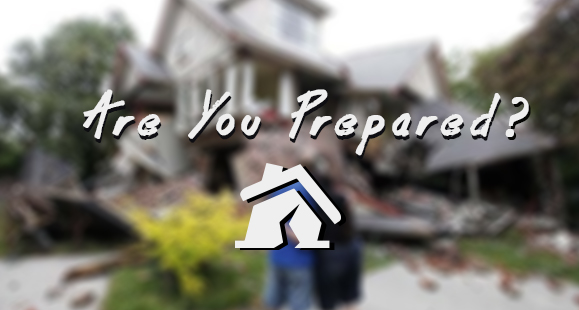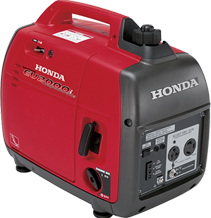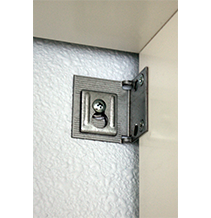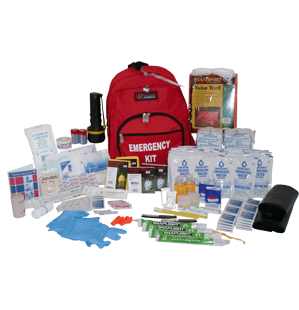
Everyone who lives in an area that is prone to earthquakes needs a good earthquake disaster plan. You also want to minimize the damage done to your house and your belongings, and be sure you’re able to replace anything that gets broken.
Here are the best things you can do now to prepare for an earthquake.

1. Get a Generator
If the power goes out due to the earthquake, you don’t know how long it may take to get the power back on. If you have a generator, you can keep your house running as normally as possible. This includes keeping your refrigerator running so your food doesn’t spoil, and your oven or microwave on so you can cook your meals.

2. Secure Anything That Might Get Broken or Cause an Injury
Non-slip mats can help heavy furniture to stay in place in the event of an earthquake. Heavy picture frames and mirrors should be hung away from beds so they don’t fall on anyone. Large, heavy things should always be put on lower shelves, and shelves themselves, as well as tall furniture should be affixed to the wall with brackets. Home improvement stores often sell TV straps to keep your larger TVs from toppling off of mantles or TV stands at a decent price. Finally, install shatterproof glass on your exterior windows.
3. Have a Disaster Plan
Make sure your family knows what to do if there is an emergency. Children and adults should have the cell phone numbers of all friends and relatives who can help during an earthquake on speed dial, as well as the number for emergency services. If people are away from home when the earthquake hits, there should be an agreed upon place for the household to meet (which is especially helpful if the phone service goes down).

4. Have a Disaster Supply Kit
Keep a supply kit filled with necessary tools, a first aid kit, non-perishable food that can be eaten with little to no preparation, bottled water, extra pet food, spare clothes and sleeping bags, extra doses for anyone who takes a daily medication, plastic spoons and forks, flashlight, extra batteries, matches, and a can opener should all be kept in a safe place in the house, ideally all in one large box or over-sized plastic container. All of these items can help you and your family in the aftermath of a disaster.
Conclusion
It’s important to be prepared for an earthquake. While most are minor and will not cause much damage, you never know exactly what could happen so it is best to be prepared. Part of being prepared also includes having a comprehensive earthquake insurance policy for your home, so once things in the area are back to normal, you won’t have to be concerned with how you will pay for repairs to your house or to replace things that were broken. Give AIS a call today about earthquake insurance with one of our specialists.

The information in this article was obtained from various sources. This content is offered for educational purposes only and does not represent contractual agreements, nor is it intended to replace manuals or instructions provided by the manufacturer or the advice of a qualified professional. The definitions, terms and coverage in a given policy may be different than those suggested here and such policy will be governed by the language contained therein. No warranty or appropriateness for a specific purpose is expressed or implied.
